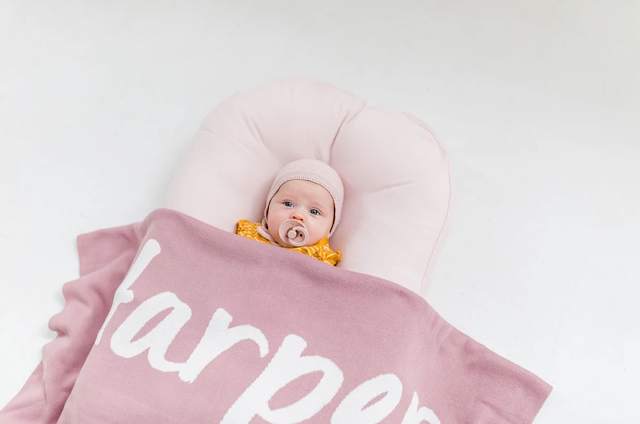Best Ways to Wash your Baby's Blankets
Baby blankets are a special little treasure. They're so nice to snuggle with and they come in such adorable colors and patterns. When it comes time to wash them, though, you want to make sure that you do it in a way that will keep them looking as new as ever without damaging them.
Below are the best ways to wash your baby's blankets.
Pre-wash: Once your items have been separated by fabric weight and color, you will want to pre-wash all of the items that need to be washed. Pre-washing is an important part of the cleaning process because it helps remove dirt from clothes before they are fully washed. For this step, you can add half of your normal amount of detergent and run a wash cycle on warm with plenty of agitation.
Wash: After pre-washing all of your items, combine the lighter weight fabrics together and the darker weight fabrics together. Add the recommended amount of detergent for the size load you are washing. Run a wash cycle on warm with plenty of agitation.
Dry: If possible, allow the items to air dry; however, if you must use a dryer make sure it is set on low heat or no heat at all. If you use high heat while drying these items,
Use warm water - Using hot water when washing baby blankets can damage the fibers and shrink the fabric. The best temperature is warm water because it will get the job done without causing any harm.
Wash with like colors - In order to avoid discoloration, wash your baby's blankets with like colors only. If you have a light-colored blanket, do not wash it with darker colors because they can bleed onto the fabric and stain it.
Use a mild detergent without dyes or perfumes. Fragrances and dyes can irritate your baby’s skin, so use a hypoallergenic detergent that is free of perfumes and dyes when washing your baby’s blankets. Also, choose a detergent that is appropriate for cold water.
Wash often but separately. If you have more than one blanket for your child, wash them separately so that they don't get tangled or catch on each other and rip or tear during.




Comments
Post a Comment